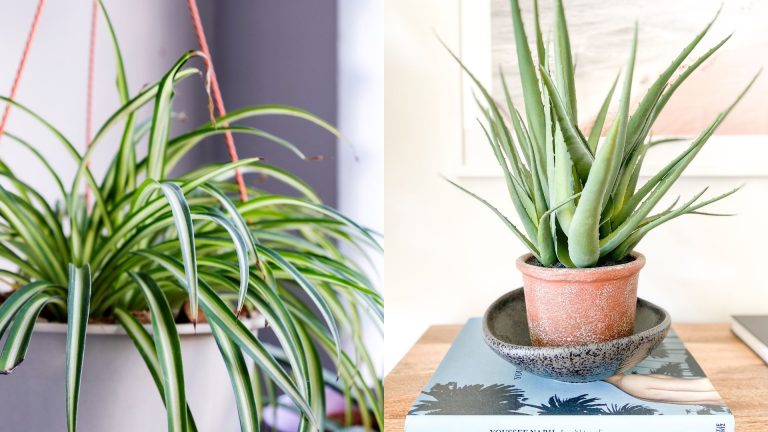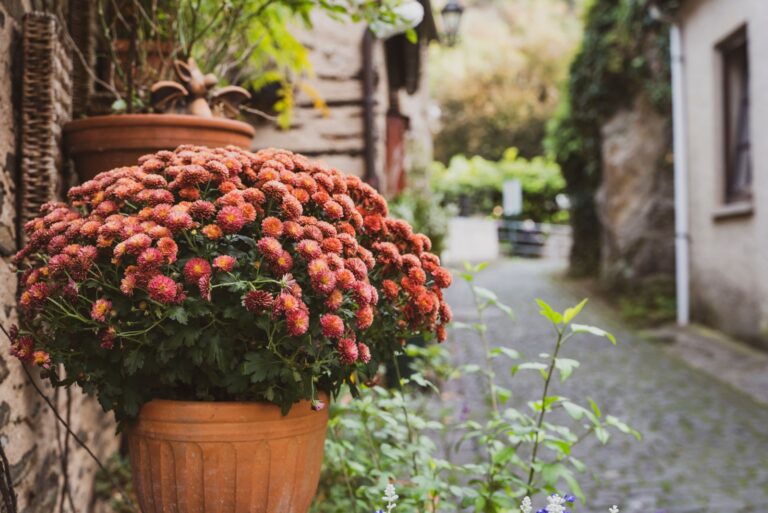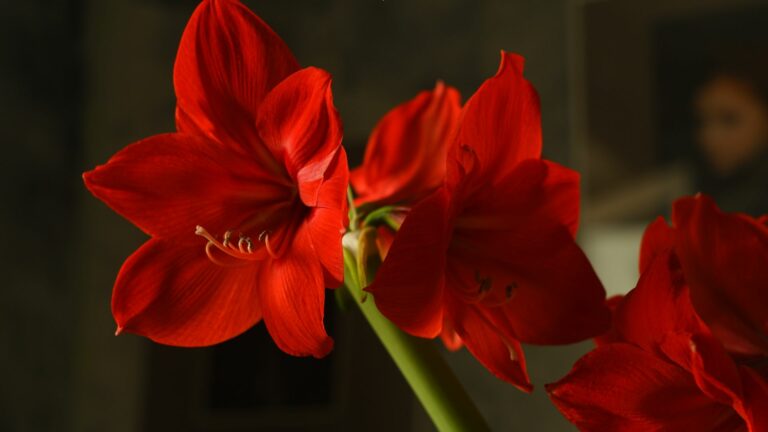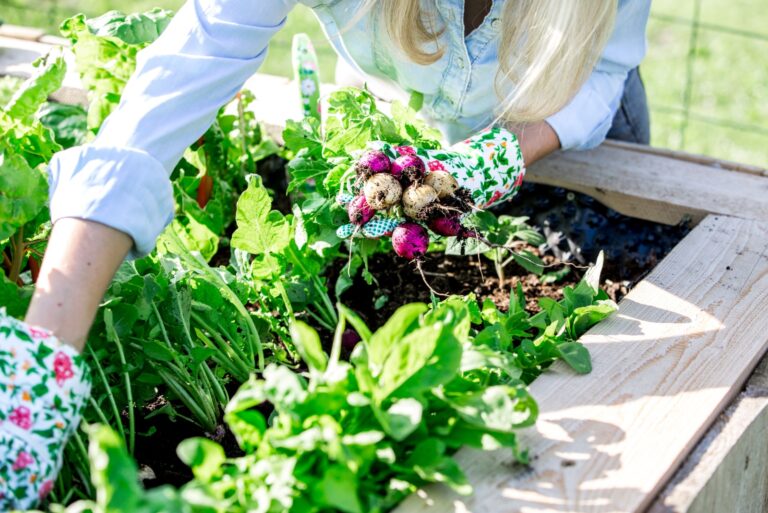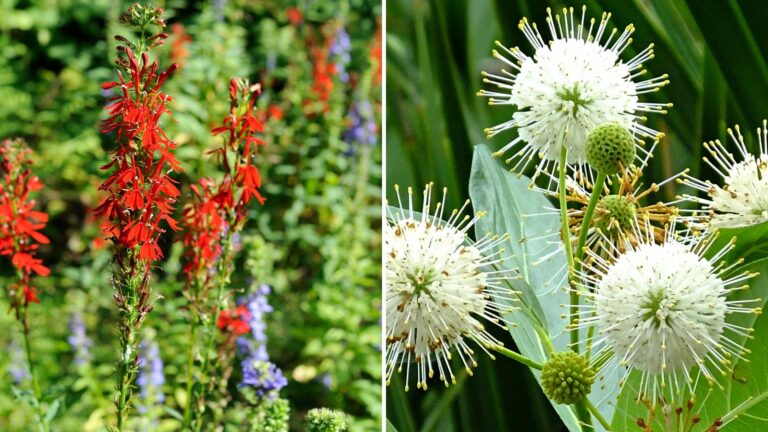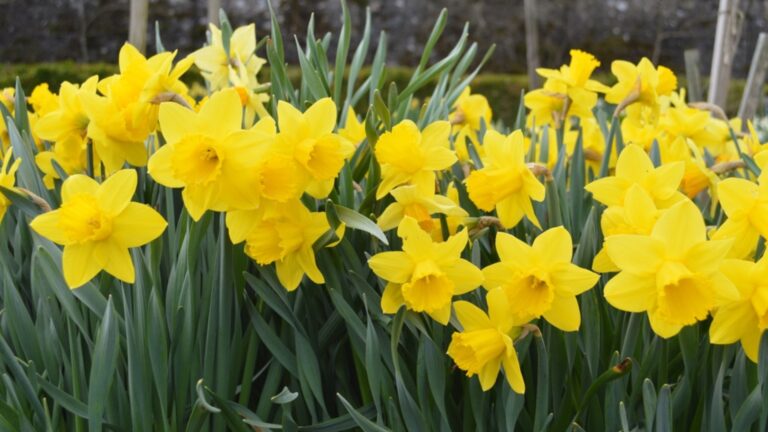14 Plants That Help Pennsylvanians Keep Rats Out Of Their Gardens
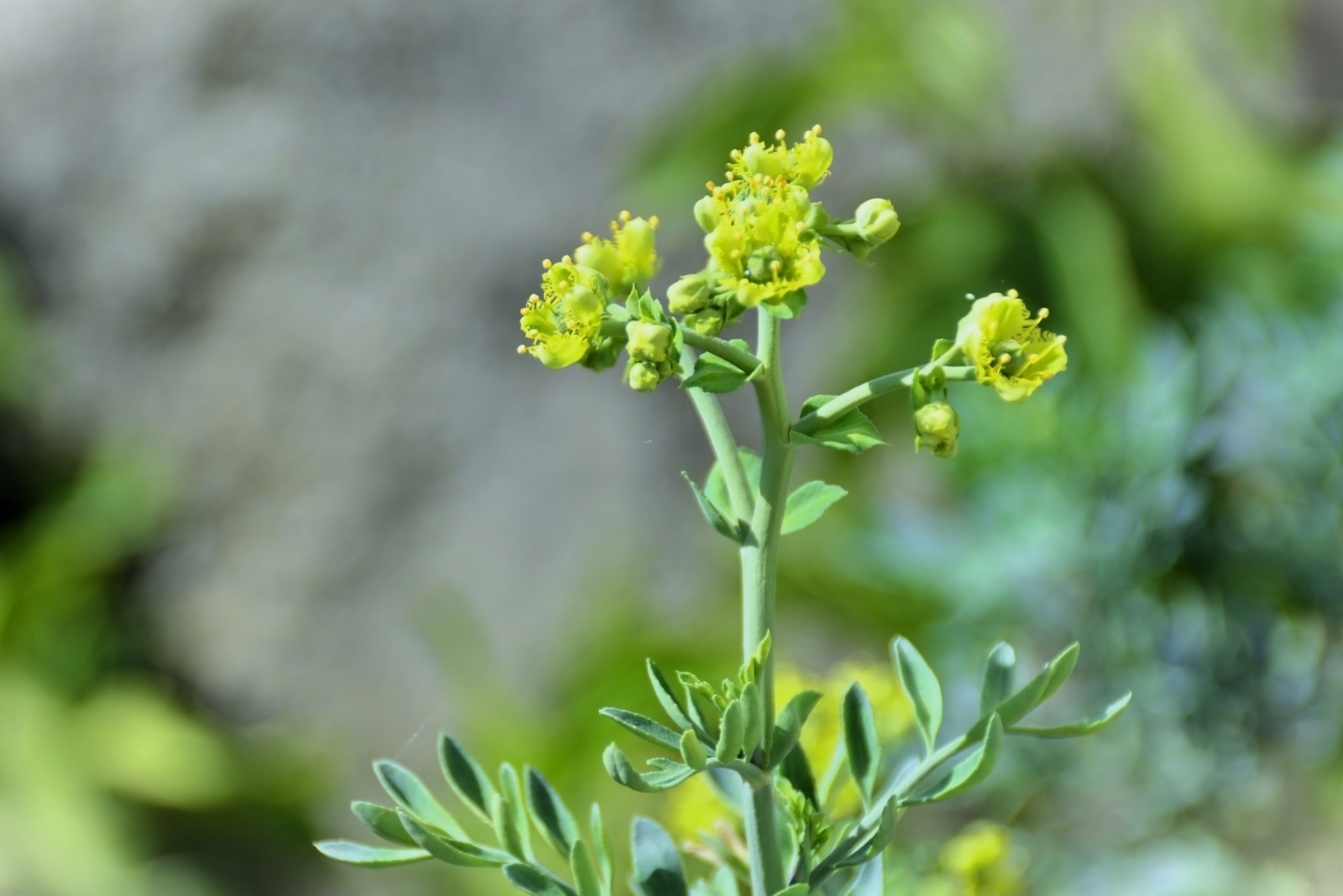
Dealing with rats in your garden can turn your peaceful oasis into a frustrating battleground. Pennsylvania gardeners face this challenge every year when these pesky rodents invade their carefully tended spaces.
Luckily, Mother Nature offers a solution through plants that naturally repel rats with their strong scents and flavors.
1. Mint: The Aromatic Guardian

Rats hate the powerful smell of mint that we find so refreshing. Plant mint around the perimeter of your garden or in pots near entry points where rats might sneak in.
Remember that mint spreads aggressively, so consider growing it in containers to prevent it from taking over. The strong essential oils in mint leaves confuse rats’ sensitive noses and make them avoid the area altogether.
2. Lavender: Purple Protection
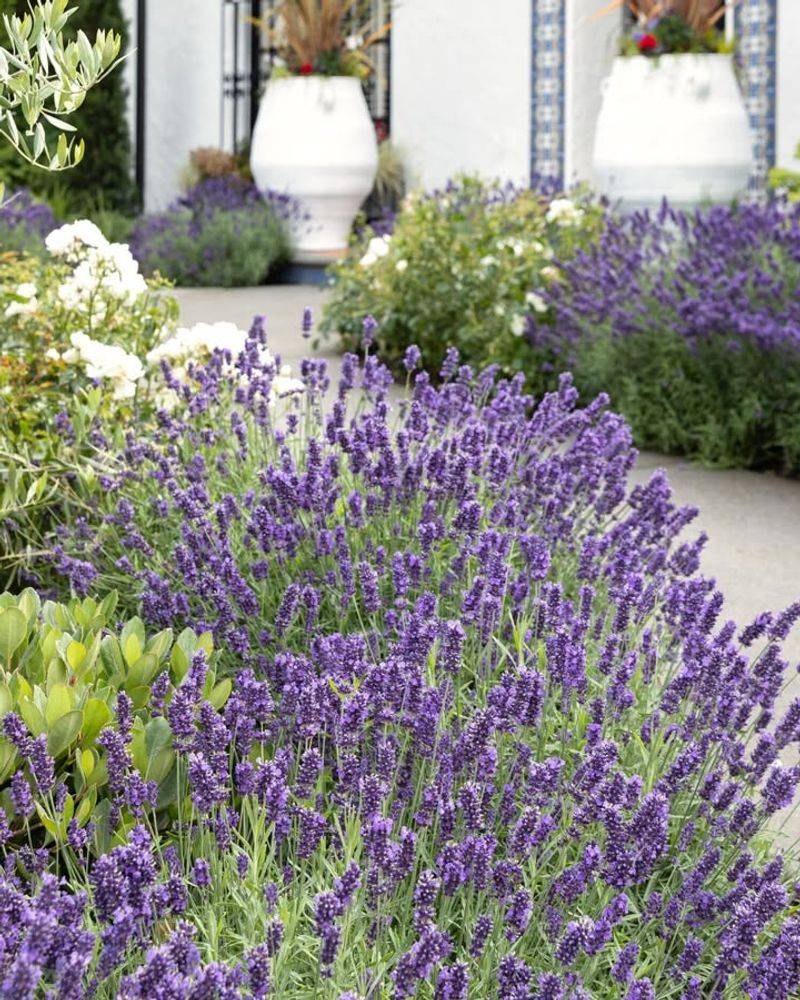
Lavender’s delicate purple blooms might look gentle, but they pack a powerful punch against rats. The strong fragrance that makes lavender a favorite in sachets and soaps overwhelms rodents’ sensitive smell receptors.
Growing beautifully in Pennsylvania’s climate, lavender thrives in sunny spots with well-drained soil. Plant it along garden borders or pathways where rats typically travel to create a fragrant barrier they won’t cross.
3. Rosemary: The Savory Shield
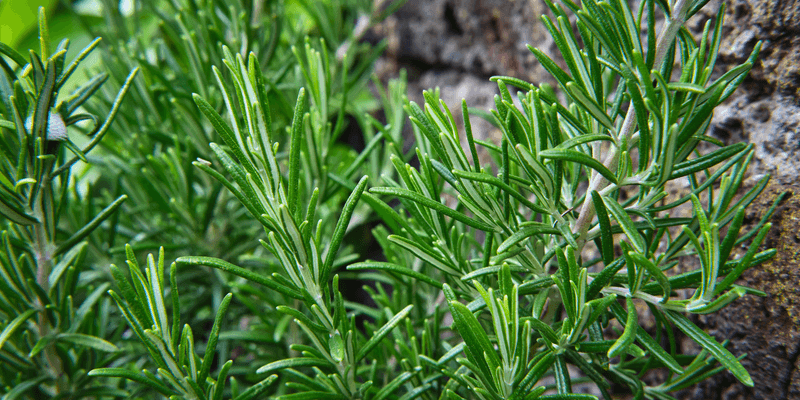
Rosemary’s pine-like scent may enhance our roasted potatoes, but rats find it completely overwhelming. This woody herb creates a natural barrier that rodents avoid whenever possible.
Growing rosemary in strategic locations around your Pennsylvania garden provides year-round protection. The plant thrives in containers or directly in the ground in sunny spots with good drainage. As an added bonus, you’ll have fresh rosemary for cooking while keeping pests away.
4. Garlic: Nature’s Pest Control
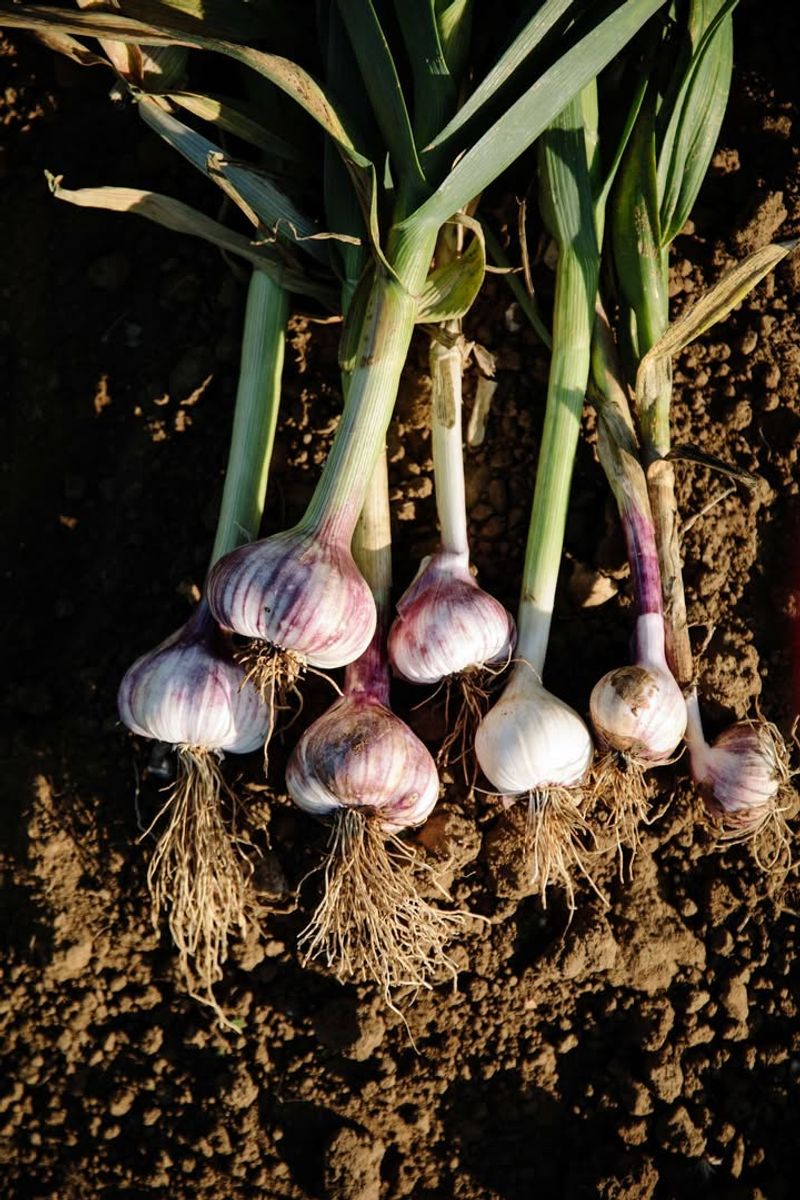
Garlic isn’t just for keeping vampires at bay – rats hate it too! The pungent sulfur compounds that give garlic its distinctive smell act as a powerful deterrent for rodents.
Fall planting works best in Pennsylvania’s climate, with bulbs ready to harvest by early summer. Scatter garlic plants throughout your garden beds or create a protective border around vulnerable areas. Even after harvesting the bulbs, the lingering scent continues to repel unwanted visitors.
5. Onions: Underground Defenders
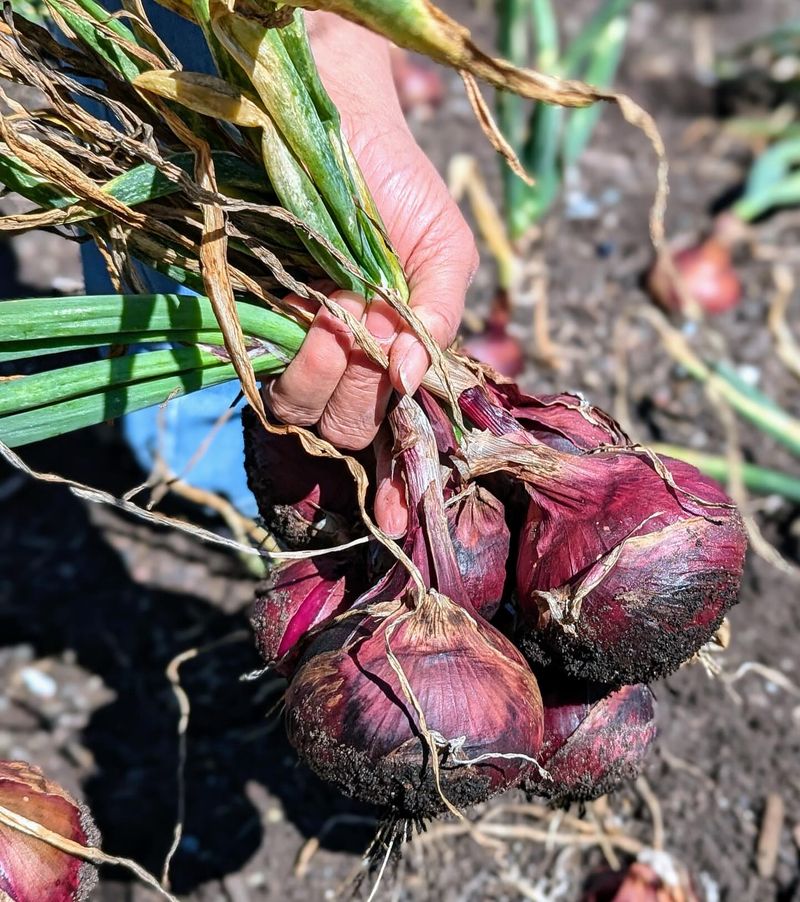
Onions share garlic’s rat-repelling properties thanks to their sulfur compounds. The sharp scent that makes us tear up when chopping onions sends rats running in the opposite direction.
Plant onions throughout your vegetable garden or around the base of fruit trees that rats might target. Pennsylvania’s growing season allows for both spring and fall planting. As an added benefit, the flowers attract beneficial insects while the bulbs keep rodents away.
6. Daffodils: Beautiful Barriers
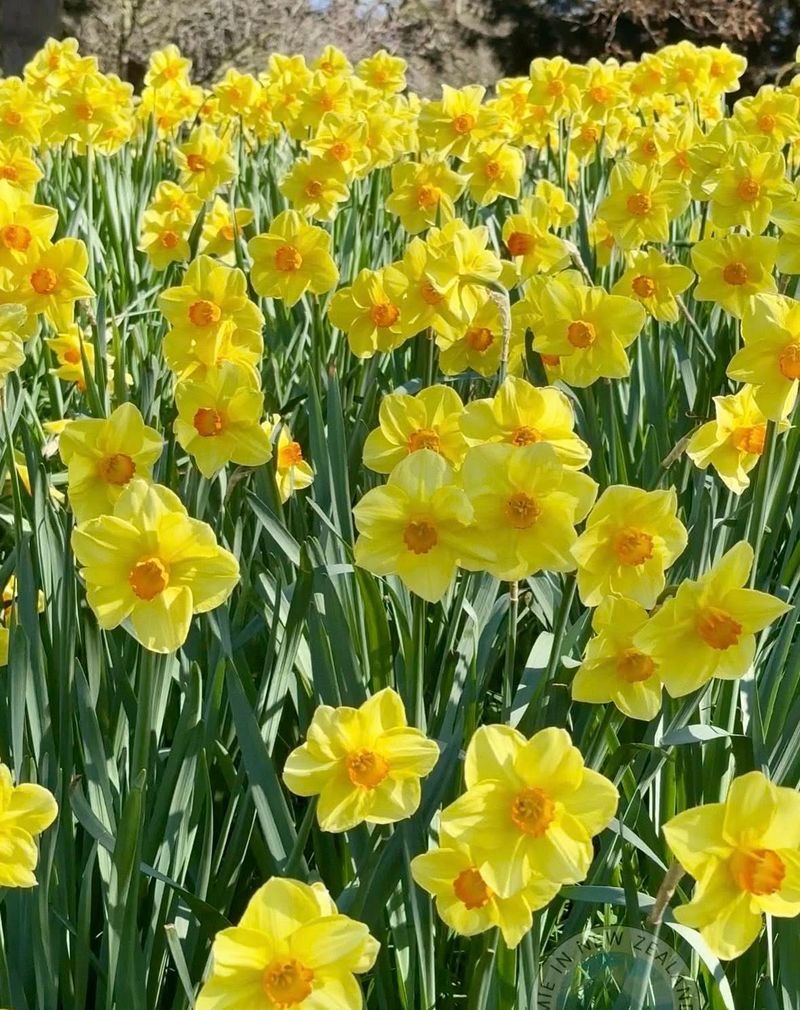
Daffodils aren’t just spring’s cheerful messengers – they’re also powerful rat repellents! These bright flowers contain lycorine, a toxic alkaloid that rats instinctively avoid.
Perfect for Pennsylvania gardens, daffodil bulbs should be planted in fall for spring blooms. Create a protective perimeter by planting them along fences or property boundaries. Their toxicity means rats won’t dig them up or travel through areas where they’re planted.
7. Marigolds: Golden Guardians
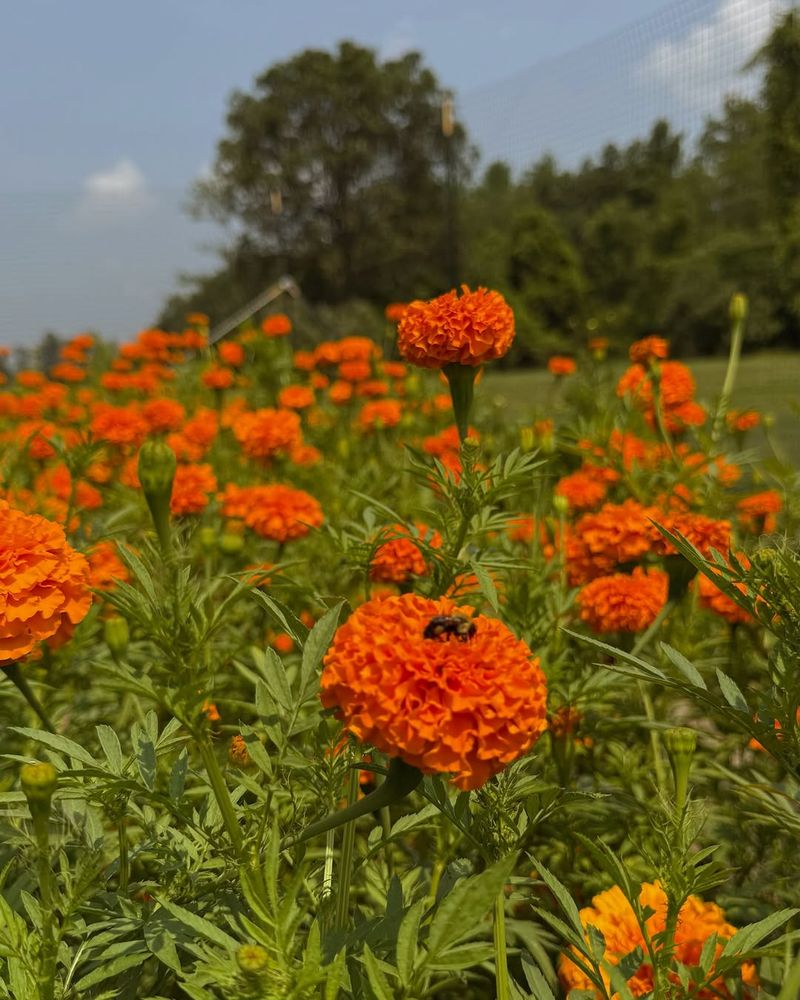
Marigolds emit a distinct smell that humans barely notice but drives rats crazy. Their bright orange and yellow flowers aren’t just pretty – they’re working hard to protect your garden from rodent invaders.
Plant marigolds as companions around vegetables or in containers near entry points. Pennsylvania gardeners can easily grow these annual flowers from spring through fall. Their roots release compounds that deter not only rats but also other garden pests.
8. Sage: The Wise Choice
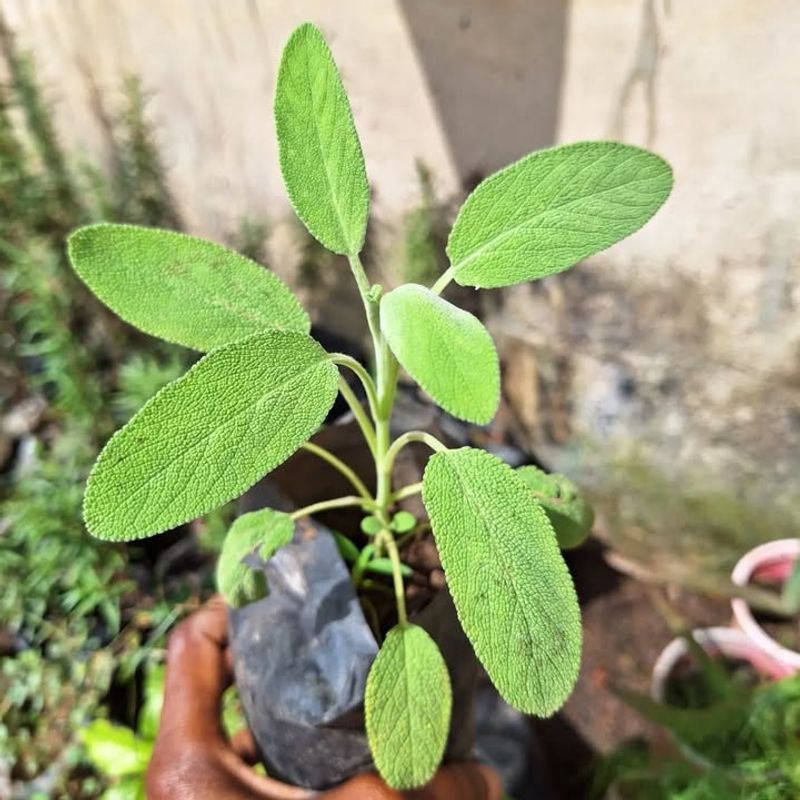
Sage carries a strong, earthy aroma that rats find particularly offensive. This hardy herb serves double duty by enhancing your cooking while creating a rat-free zone in your garden.
Growing well in Pennsylvania’s climate, sage prefers sunny spots with excellent drainage. Plant it near garden sheds, compost bins, or other areas that might attract rodents. The silvery-green leaves look attractive year-round and release their protective scent whenever brushed against.
9. Catnip: Feline Friend, Rat Foe
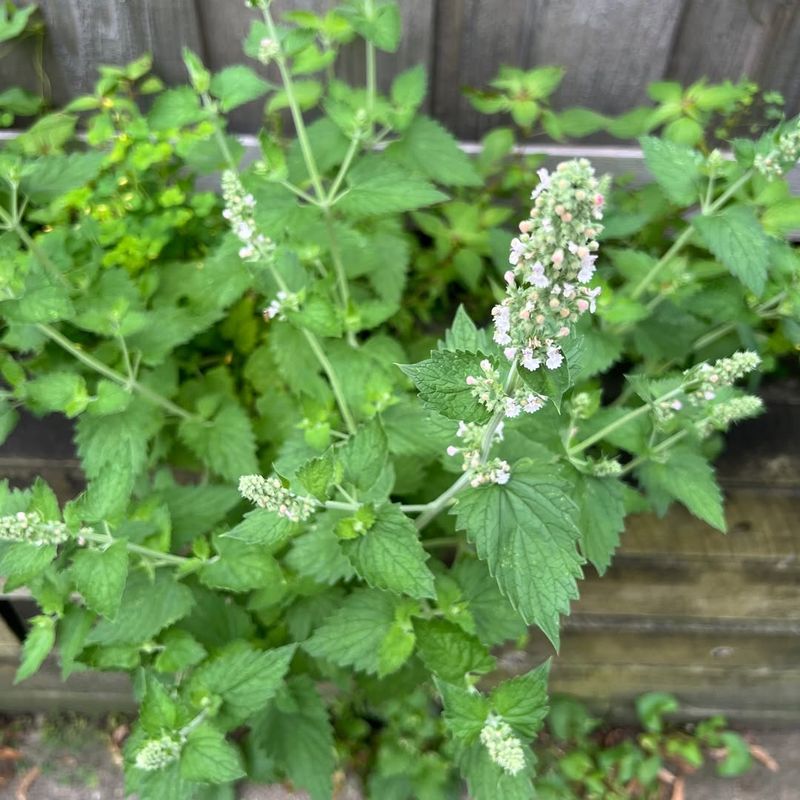
While catnip drives our feline friends wild with delight, it has the opposite effect on rats. The compound nepetalactone that attracts cats actively repels rodents, making it a clever addition to your garden defense system.
Growing easily in Pennsylvania gardens, catnip thrives in sunny to partly shaded areas. An added bonus? The neighborhood cats attracted to your catnip plants will help patrol for rodents. Just be aware that enthusiastic cats might damage the plants while enjoying their effects.
10. Basil: Culinary Protector
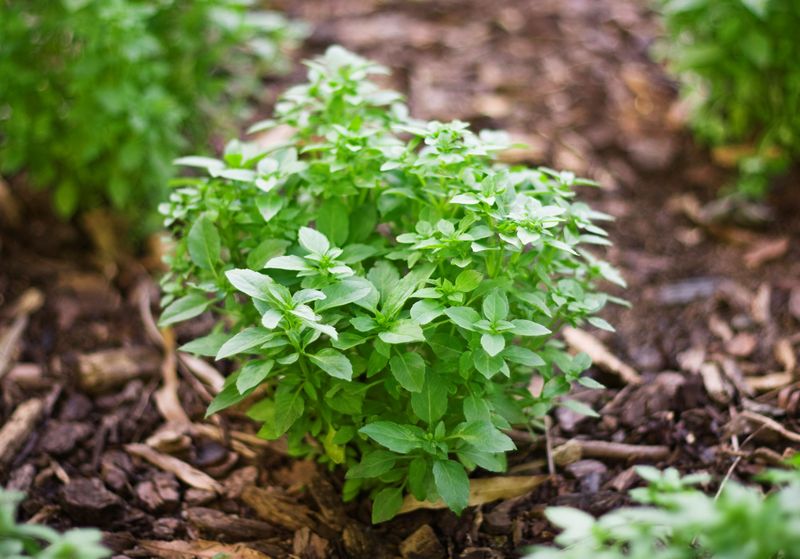
Basil’s sweet aroma might enhance our pasta sauces, but rats find it overwhelming and avoid areas where it grows. This popular herb serves as both kitchen staple and garden protector.
Plant basil throughout your vegetable garden or in containers near entrances and outdoor eating areas. Pennsylvania’s warm summer months are perfect for this annual herb. For maximum effectiveness, brush the leaves occasionally to release their oils and strengthen the rat-repelling scent.
11. Rue: The Ancient Defender
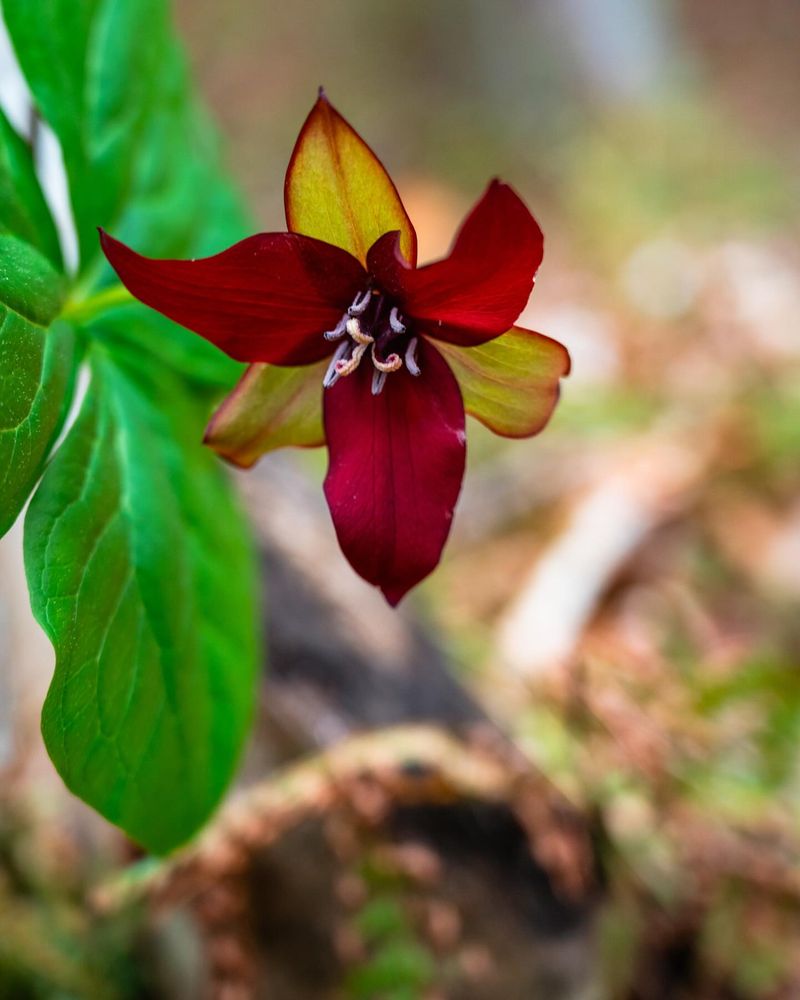
Rue has been used since ancient times to ward off pests, including rats. Its bitter scent and taste make it an effective natural repellent that Pennsylvania gardeners can easily grow.
Plant rue near vegetable gardens or compost areas that might attract rodents. Handle with care – the oils can cause skin irritation for some people. This blue-green perennial prefers full sun and well-drained soil, making it perfect for Pennsylvania’s growing conditions.
12. Black Pepper Plant: Spicy Protection
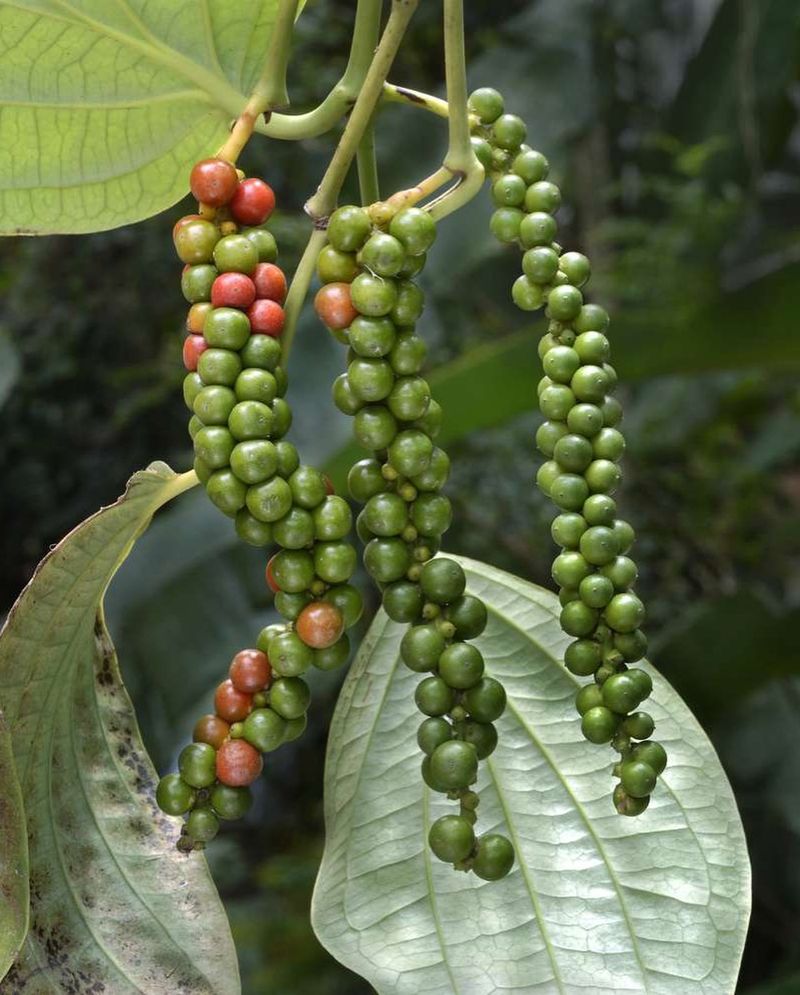
Black pepper plants aren’t just for tropical gardens – they can be grown in containers in Pennsylvania and moved indoors during winter. Rats absolutely detest the spicy scent these plants produce.
Place potted pepper plants near garden entry points or on patios where rats might travel. The piperine compound that gives black pepper its kick irritates rodents’ sensitive noses. During summer months, the plants can thrive outdoors before being brought inside when temperatures drop.
13. Crown Imperial: Royal Rat Deterrent
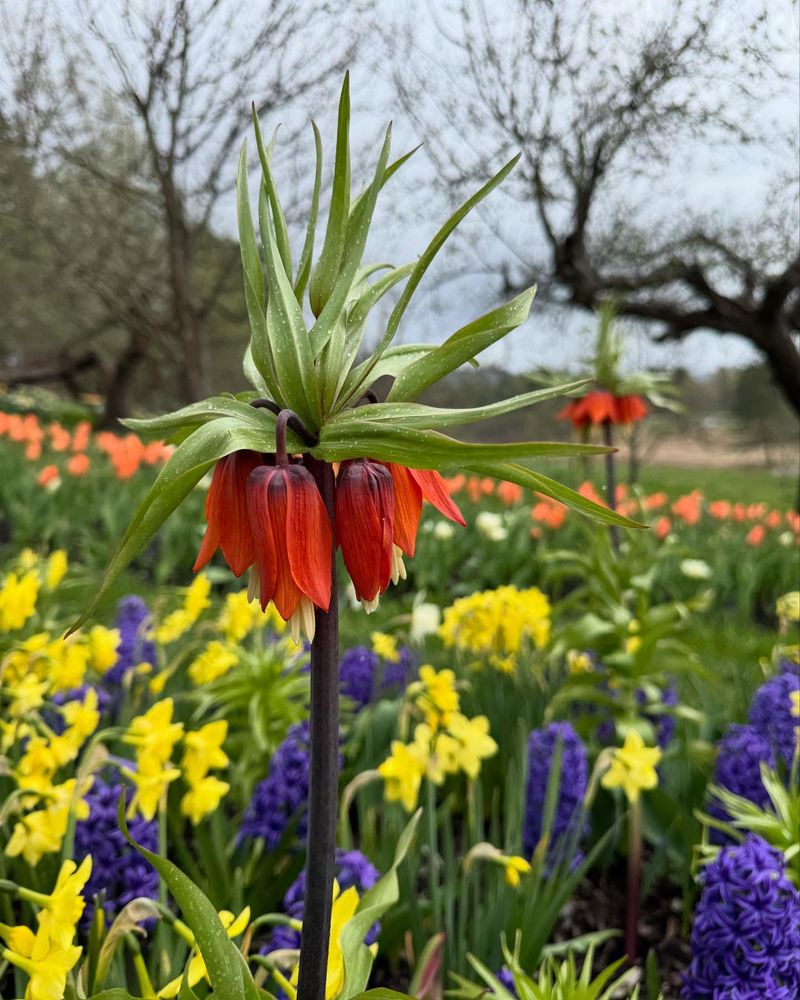
Crown Imperial fritillaria stands tall with dramatic bell-shaped flowers and a distinctive skunk-like smell that humans notice only up close but rats detect from afar. These regal plants create a majestic barrier against rodent invaders.
Plant these spring-flowering bulbs in fall throughout Pennsylvania gardens. Their striking appearance adds visual interest while the strong smell keeps rats away. The bulbs themselves contain alkaloids that rodents avoid, so they won’t be dug up like tulips might be.
14. Wormwood: The Powerful Protector
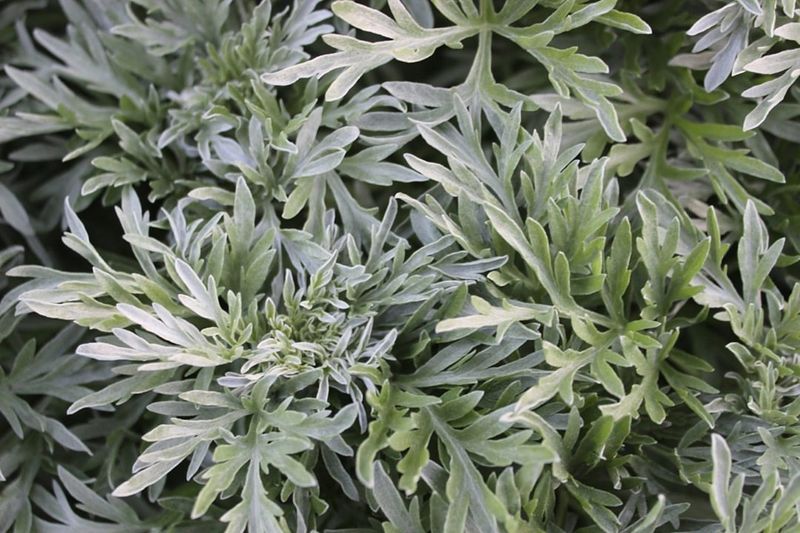
Wormwood contains thujone, a compound so repulsive to rats that they’ll avoid any area where this silvery plant grows. Its feathery, aromatic foliage adds texture to Pennsylvania gardens while providing serious pest protection.
Plant wormwood in sunny, dry locations around the perimeter of gardens or near structures where rats might nest. This hardy perennial survives Pennsylvania winters with ease. Occasional pruning helps maintain its shape and releases more of the protective aromatic oils.

